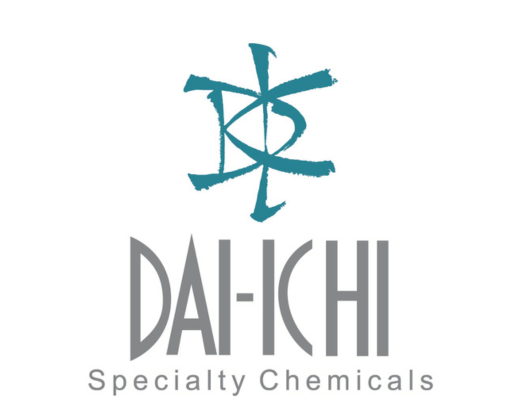Sustainable Agriculture
As the global population continues to rise, the demand for food production has never been greater. With limited arable land and the increasing impact of climate change, the agricultural sector faces immense pressure to produce more food while minimizing environmental impact. In this context, specialty chemicals are playing an increasingly vital role in enabling sustainable agriculture—helping farmers boost crop yields, protect the environment, and ensure food security for future generations.
Specialty chemicals, particularly those used in agriculture, have evolved significantly over the past few decades. Traditionally, chemical solutions in agriculture were primarily focused on maximizing crop yields, often with little regard for their environmental impact. However, as the negative effects of overuse and misuse of chemicals became apparent—such as soil degradation, water pollution, and loss of biodiversity—the industry began to shift towards more sustainable practices.
Today, the development and application of specialty chemicals are guided by the principles of sustainability. One of the most notable advancements in this area is the rise of bio-based and biodegradable agrochemicals. These innovative solutions are designed to break down more easily in the environment, reducing their persistence in soil and water. For example, bio-pesticides, which are derived from natural sources such as plants, bacteria, and minerals, offer an effective alternative to traditional synthetic pesticides. They target specific pests without harming beneficial insects, plants, or soil microbes, thus preserving the ecological balance.
Another key development is the use of specialty fertilizers that are more efficient and environmentally friendly. Slow-release fertilizers, for instance, deliver nutrients to crops over an extended period, reducing the risk of nutrient runoff into waterways. This not only improves nutrient uptake by plants but also minimizes the environmental impact associated with conventional fertilizers. Additionally, advanced formulations are being developed to enhance the bioavailability of nutrients, ensuring that crops receive the right amount of nourishment at the right time, leading to healthier plants and higher yields.
Water management is another critical area where specialty chemicals are making a significant impact. With water scarcity becoming a pressing issue in many parts of the world, efficient water use in agriculture is essential. Specialty chemicals such as water-retaining agents and soil conditioners help improve water retention in soil, reducing the need for frequent irrigation. These products not only conserve water but also help maintain soil health by preventing erosion and improving soil structure.
In addition to these innovations, specialty chemicals are also playing a crucial role in enhancing crop resilience to environmental stresses. With the increasing frequency of extreme weather events, such as droughts and floods, crops are more vulnerable than ever. Specialty chemicals like stress protectants and plant growth regulators help crops withstand adverse conditions, ensuring stable yields even in challenging environments. These products work by strengthening the plant’s natural defense mechanisms, improving its ability to cope with environmental stressors.
As the agriculture industry continues to embrace sustainable practices, the role of specialty chemicals will only become more critical. By focusing on the development of environmentally friendly solutions, the industry is helping to create a more sustainable future for agriculture—one that balances the need for increased food production with the imperative to protect our planet.
In conclusion, specialty chemicals are at the forefront of the drive towards sustainable agriculture. Through innovations in bio-based agrochemicals, efficient fertilizers, water management solutions, and crop resilience enhancers, these chemicals are helping to ensure that agriculture can meet the demands of a growing population while safeguarding the environment. As we look to the future, the continued development and adoption of these sustainable solutions will be key to achieving a more resilient and sustainable global food system.
